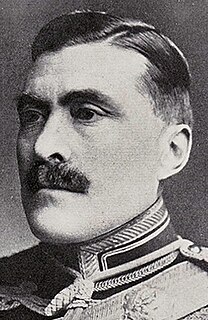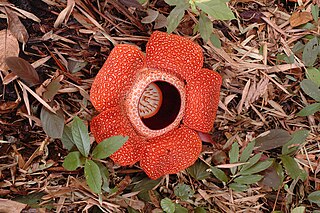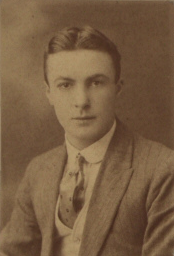 W
WThe North Borneo Chartered Company (NBCC), also known as the British North Borneo Company (BNBC) was a British chartered company formed on 1 November 1881 to administer and exploit the resources of North Borneo. The territory became a protectorate of the British Empire in 1888 but the company remained involved with the territory until 1946, when administration was fully assumed by the Crown colony government.
 W
WLieutenant-Colonel Reginald Vincent Kempenfelt Applin, DSO, OBE was a British military officer who took a prominent part in the development of machine gun tactics in the British Army. He later entered politics, initially in two minor right wing parties before becoming a Conservative Party member of parliament.
 W
WJohn Maxwell Hall, known most commonly as Maxwell Hall, was a British colonial administrator, judge and author who lived in and wrote about North Borneo.
 W
WHenry George Keith (1899-1982), known as Harry Keith, was a British forester and plant collector. Keith is credited with starting the process of large-scale conservation of the forests of North Borneo. In 1984 a new species of Rafflesia endemic to Sabah, Rafflesia keithii, was named in his honour. Keith was the husband of author Agnes Newton Keith.
 W
WWilliam Burgess Pryer was the first British Resident in Sandakan of North Borneo. Pryer's character is described as adventurous, diligent, and goal-oriented. For example, he knew that before exploring his career in Shanghai, he had explored large parts of the Spanish East Indies (Philippines), and he was a former amateur boxing champion.
 W
WEdward Owen Rutter was an English historian, novelist and travel writer.
 W
WGeorge Cathcart Woolley was a British colonial administrator in North Borneo in the early part on the twentieth century. Woolley was also an ethnographer and an ardent collector, and the Woolley Collections of photographs, diaries and other artefacts, bequeathed to the State Government of Sabah, formed the nucleus of Sabah Museum when it was founded in 1965.